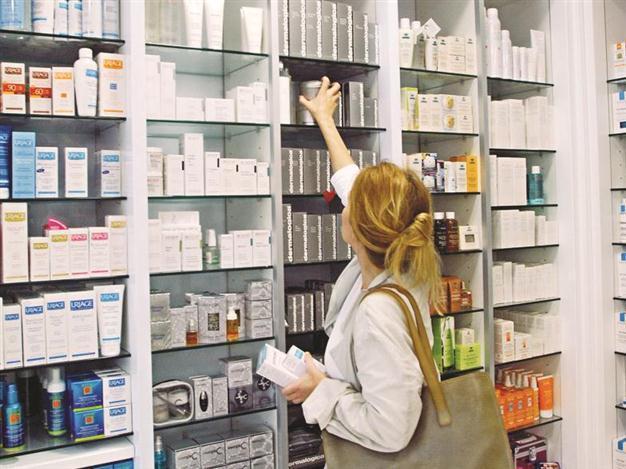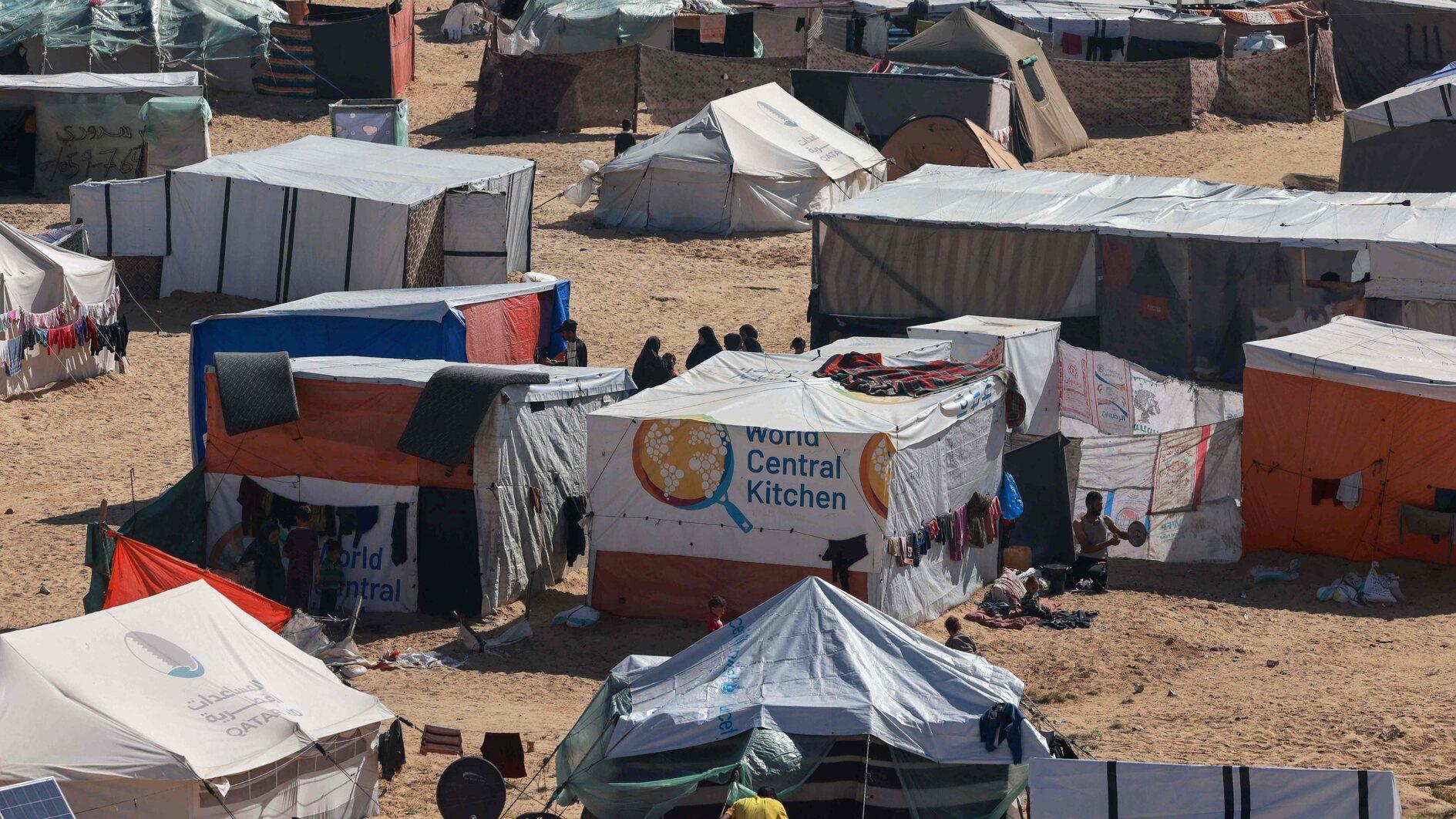Tax cut not a band-aid for drug pricing dispute
ISTANBUL - Hürriyet Daily News

Pharmacies say VAT cut is relief for drug makers only. Many stores are stockpiling certain types of drugs, news reports says.
Pharmacies say VAT cut is relief for drug makers only. Many stores are stockpiling certain types of drugs, news reports says.recent tax cut on imports of pharmaceutical drugs and related raw materials fails to put an end to the ongoing dispute on profit margins, according to producers and chamber of pharmacies.
“Drug prices continuously are pulled down by the Ministry of Labor despite the need for an increase due to appreciation of euro against Turkish Lira by 25 percent in this year,” the Association of Research Based Pharmaceutical Companies (AIFD) told Hürriyet Daily News yesterday.
The tax cut can be considered a step toward resolving the economic problems of the sector, but still more changes are needed to tackle the profitability problem, AIFD said.
The Labor Minister Faruk Çelik on Dec. 14 said the value added tax (VAT) on the drug industry will be cut to 8 percent from the current 18 as many companies had started stockpiling hundreds of types of drugs in a bid to defend themselves.
The ministry increased a subsidy on drugs from 4 percent to 41 percent in November, making both producers and drugstores to sell their stocks at cheaper prices.
‘Industry losing blood’
Within the scope of a recent arrangement, the ministry decreased the subsidy by 7.5 percent down to 33.5 percent. “We are pleased with the tax cut,” Nezih Barut, chairman of Pharmaceutical Manufacturers Association of Turkey (IEIS), said, adding that the drug prices are still below the average of European countries.
“For example, a specific drug is on sale for 10 Euros in Greece and for 2 Euros in Turkey,” he told the Daily News on the sidelines of a press meeting in Istanbul. He said drug manufacturers and pharmacies’ losses are significant despite the tax cut due to depreciation of the lira.
“Nearly 30,000 people have lost their jobs in Turkey’s drug industry due to decreasing profits,” said Barut, adding that the prices on drugs needed to be increased in order to meet the expectations of the producers and pharmacies.
The ministry’s Dec. 14 decision on lowering subsidies by 7.5 percent on 350 types of drugs, including cancer drugs and insulin, was positive, Barut said. “Still, the subsidies should also be removed from all the drugs, not just from specific types.”
Many pharmacies could not afford to order new drugs for their stores, Barut said. “In return, patients are the ones who are hurt by the dispute as they could not reach the most substantial drugs on time.”
The tax cut on the import of the raw materials of drug has nothing to do with the pharmacies, said Semih Güngör, head of the Istanbul Chamber of Pharmacies. “It is only for drug producers,” he told the Daily News yesterday, adding that many pharmacies were continuing to take over losses caused by the price disagreements between the ministry and the manufacturers.
“Our profits drop down to 23 percent from 80 percent in one year,” Güngör said, “And we are paying nearly 18 percent of this rate back to the state through taxes and operations expense.”
Ekrem Atbakan, deputy secretary of the Health Ministry, told the press meeting yesterday that drug producers should not worry despite global woes. “We just need to work together to get over the recent economic problems in the sector.”
















